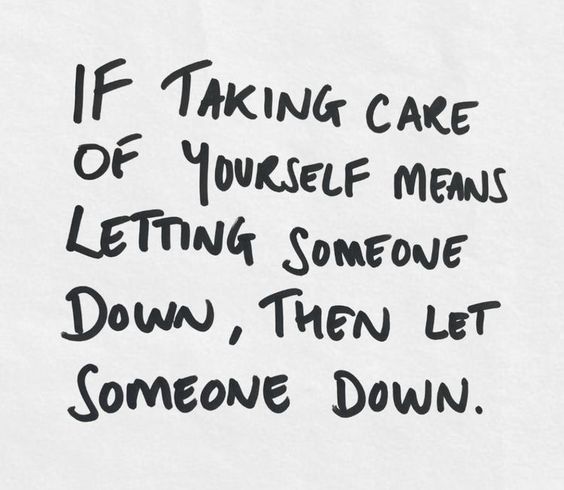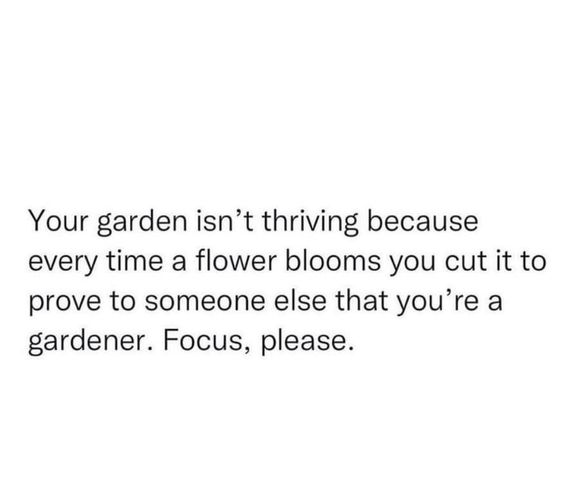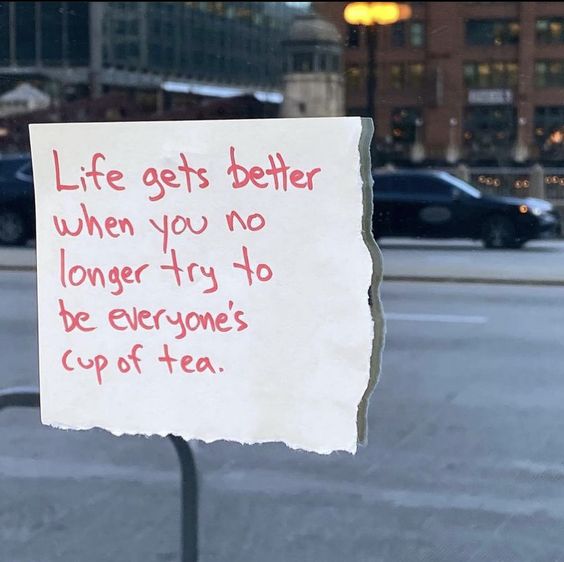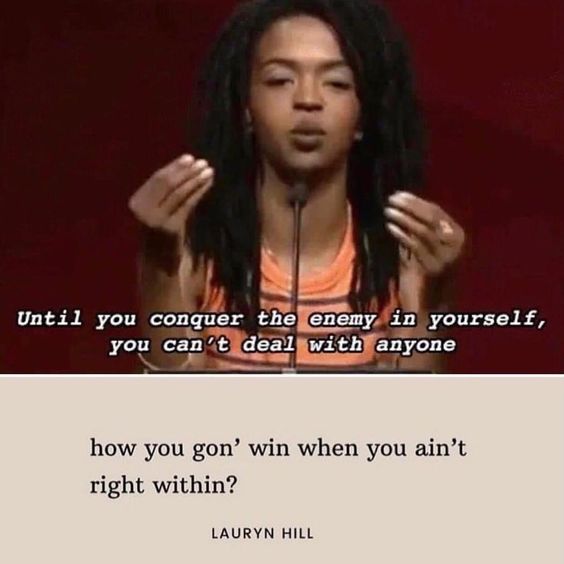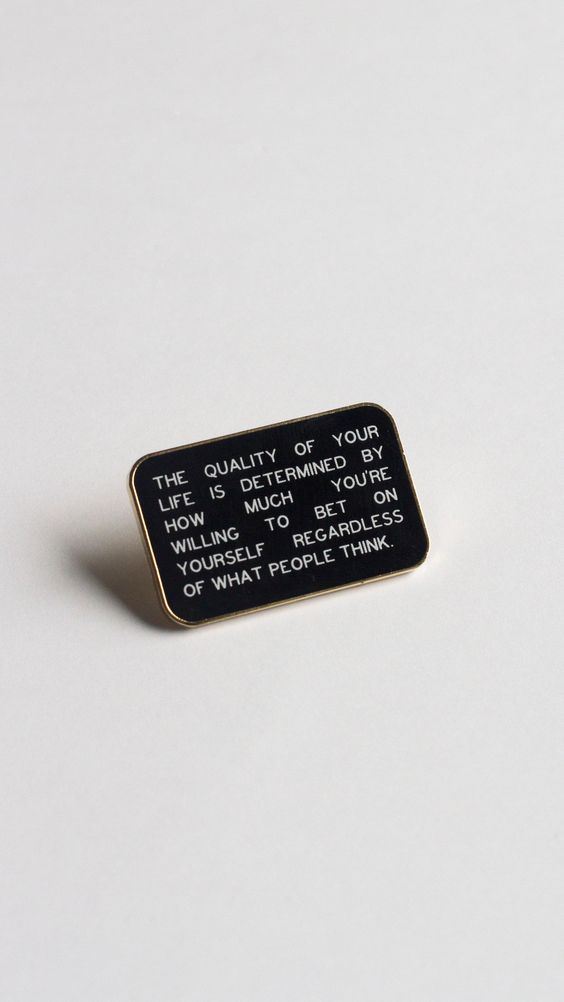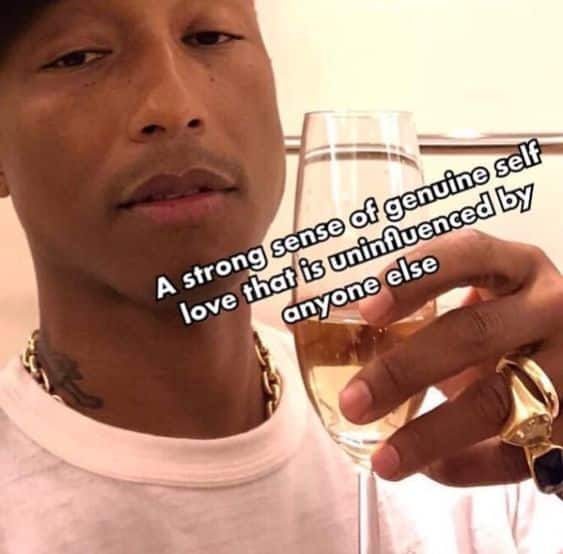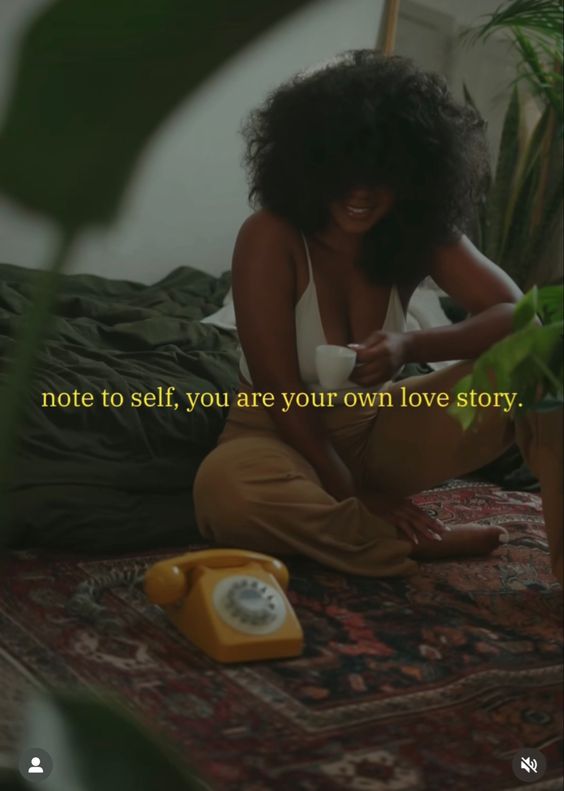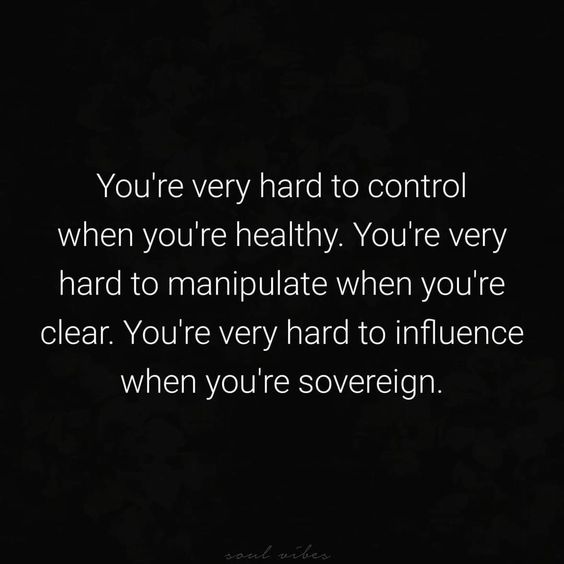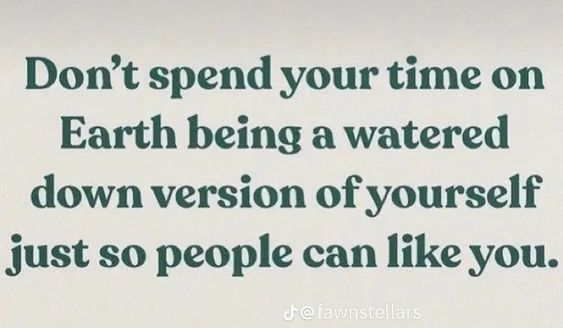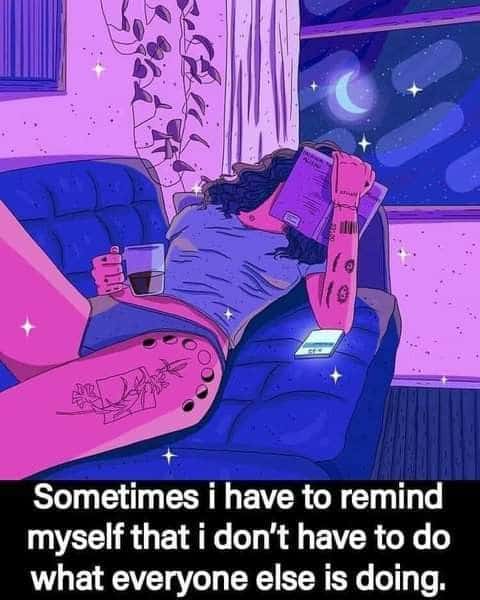“She had always imagined her parents were too proud to get divorced, so instead let their resentments fester inside, projecting them onto their children, and Nora in particular. And swimming had been her only ticket to approval. Here, in this life she was in now, she had pursued a career to keep him happy, while sacrificing her own relationships, her own love of music, her own dreams beyond anything that didn’t involve a medal, her own life.”
Matt Haig, The Midnight Library (Page 98)
“We have reduced the world to its present state of chaos by our self-centered activity, by our prejudices, our hatreds, our nationalism, and when we say we cannot do anything about it, we are accepting disorder in ourselves as inevitable. We have splintered the world into fragments and if we ourselves are broken, fragmented, our relationship with the world will also be broken. But if, when we act, we act totally, then our relationship with the world undergoes a tremendous revolution.”
J. Krishnamurti, Freedom From The Known (Page 119)
“It doesn’t matter what you do, the criticism is always going to be there. So you might as well do what you think ought to be done. You might as well do what seems meaningful and important and fulfilling and right to you. People are going to say what they’re going to say, haters will find a way to hate. In the meantime, just be true to yourself, be true to the mission you have, fight for the respect (and praise) of yourself, not the mob, not the future. That’s hard enough to win anyway.”
Ryan Holiday
“What a waste of her life to spend herself trying to be something good enough for mother, when she was already good enough. Nothing could ever be good enough to finally satisfy such a mother. If she can face what a fool she has been to have tried and tried to transform her vitality into a power that would make this insatiable mother happy, she may then be able to reclaim her power for herself. She never had any real power over mother, or over the feelings of anyone else. Her only real power lies in taking charge of her own life, enjoying being who she is, and making her life as meaningful as she can for herself, whatever others may or may not expect of her.”
Sheldon B. Kopp, If You Meet Buddha On The Road, Kill Him! (Page 88)
“Often, we get crushes on others not because we truly love and understand them, but to distract ourselves from our suffering. When we learn to love and understand ourselves and have true compassion for ourselves, then we can truly love and understand another person.”
Jay Shetty, Think Like A Monk (Page 246)
“There’s so much messaging today about how you always have to be yourself and trust your feelings. But I tell people, ‘be un-you.’ Like, what is the opposite of what you feel like doing right now? Or who is someone you really admire—what would they do in this moment? And I actually think that can get us closer to the versions of ourselves that we would like to be…Separating oneself from one’s impulse, taking a healthy step back and gaining some distance between what you feel like doing and what’s actually going to help you—you’ll make a better choice.”
Dr. Samantha Boardman
“My decision to join the ashram turned up the volume of opinions and concerns around me, but, conveniently, my experiences in the ashram had also given me the tools I needed to filter out that noise. The cause and the solution were the same. I was less vulnerable to the noises around me, telling me what was normal, safe, practical, best. I didn’t shut out the people who loved me—I cared about them and didn’t want them to worry—but neither did I let their definitions of success and happiness dictate my choices. It was—at the time—the hardest decision I’d ever made, and it was the right one.”
Jay Shetty, Think Like A Monk (Page 6)
“When you try to live your most authentic life, some of your relationships will be in jeopardy. Losing them is a risk worth bearing; finding a way to keep them in your life is a challenge worth taking on.”
Jay Shetty, Think Like A Monk (Page 6)

